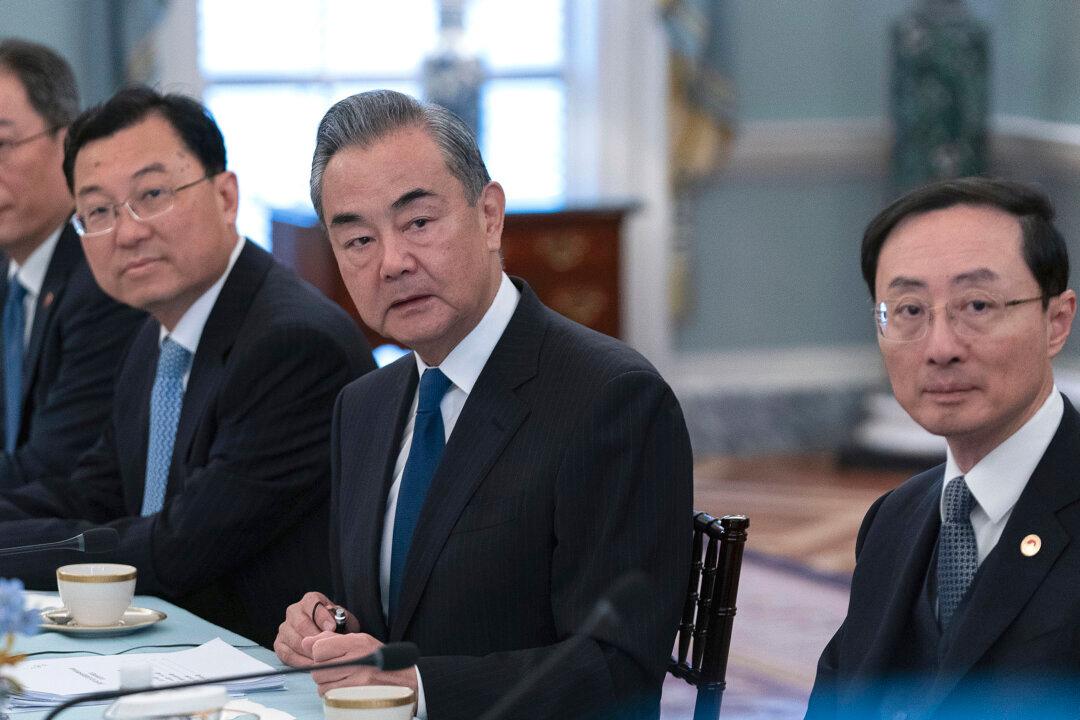China’s top diplomat said on Oct. 29 that the road to setting up a meeting between President Joe Biden and Chinese communist leader Xi Jinping in the coming month wouldn’t be “smooth sailing.”
Chinese Foreign Minister Wang Yi made the remarks during a discussion with the U.S. strategic community in Washington on Oct. 29, which came after his series of meetings with President Biden and his top aides.





